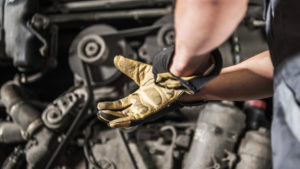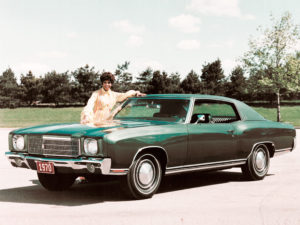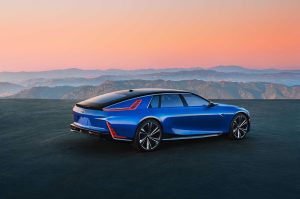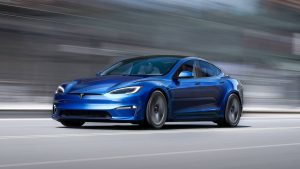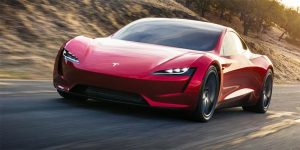The new EV tax credit requirements are nearly impossible to understand, even for people who study the industry religiously. The confusing raw material sourcing requirements were delayed until March, making more EVs eligible for the credit. Additionally, it appears that individual buyers can use a lease loophole to get skirt the rules. Now, Joe Manchin’s pushing legislation that would amend the original bill and retroactively remove vehicles from eligibility. Oh, and if it passes, the bill would claw back tax credits from any unlucky person who bought one of the newly-excluded vehicles.
Manchin’s bill, called the American Vehicle Security Act, unties the raw materials sourcing requirement from the Treasury’s guidance, which is on hold until March. It’s worth noting that the bill hasn’t been widely distributed to lawmakers or industry leaders, so there’s a chance it will die on the spot. That said, what is going on with EV tax credits?

Regardless of whether you support the credits, it’s hard not to look at the situation and scratch your head. Buyers lose out because they don’t know which EVs to buy, and those that made a decision may be punished. Automakers, working feverishly to build factories here in the U.S., don’t know which way is up because the rules (or talk about the rules) change frequently. Many are moving here to meet the domestic final assembly requirements introduced in the bill, but supply chains don’t spring up overnight and making changes is an expensive endeavor.
Complicated rules on where a mineral or metal can be sourced may create or boost mining and processing industries here, but given the environmental impact, I’m not so sure that forced insourcing is the answer. The Inflation Reduction Act will provide funding to rapidly expand domestic efforts and promote buildouts in the U.S. free trade network. Still, the only lithium mine currently operating here is in Nevada. The materials are certainly present here – the US Geological Survey estimates millions of tons – but the infrastructure to extract it isn’t. It’s also good to note that most of the world’s supply chain for minerals and other raw materials operates outside the United States and its free-trade partners.
Finally, this wishy-washiness might also make EVs more expensive than they already are – at least in the short term. Until the American supply chain is fully fleshed out, raw materials will likely be more costly if sourced here. That leaves automakers with two choices: Sell an ineligible EV with materials sourced outside the free-trade bloc, or charge more for an EV built with more expensive domestic or free-trade sourced materials. It’s possible the government will step in with subsidies or other incentives, but if prices continue climbing, it will undoubtedly feel like a self-inflicted wound.




